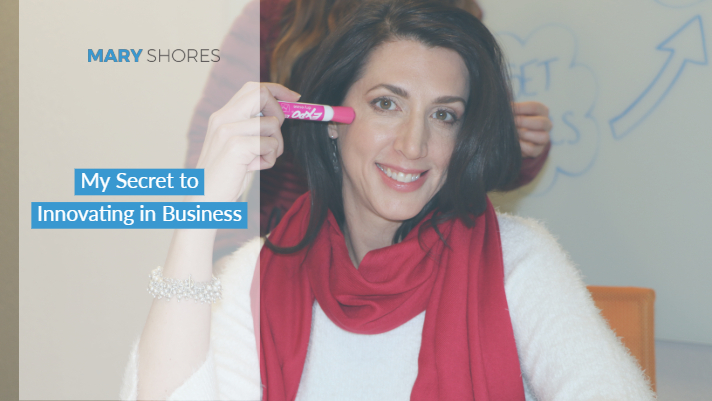Blog
My Secret to Innovating In Business

I almost lost my business. And it’s because my innovating idea failed.
Ask anyone in business and they’ll tell you, the way to succeed is by doing something no one has ever done before. (Hello, Apple with the iPhone and Netflix with streaming.) 
The truth is, when I first started a collection agency, I felt a lot of guilt, shame, and discomfort about the industry. Trust me, I know. The debt collection call is NO ONE’S favorite call. So I tried innovating. I tried to follow my inner purpose and level up my business by creating a new method.
I tried to use sales tactics to motivate consumers to pay their debts. I decided that I would sell people on the idea of paying their debt. It would be so much better than the standard practice of threats and intimidation. Sounds like an amazing idea, right? It should have been.
The sales tactic was objectively a better tactic. It was friendlier, more positive, and I knew how to excel at sales. I’d done it before. Not to toot my own horn, but I was the top salesperson at the telemarketing company I worked at before starting my business. If I knew one thing, it was sales (toot toot). But I was wrong.
The sales approach failed.
And my company almost went under because of it.
It was all because of the negativity bias. You see, we humans are hardwired to remember negative experiences better than we remember positive ones. It goes back to the caveman days when that bias saved us from lions, and tigers, and bears, oh my!
And because of the negativity bias, the sales approach obviously just didn’t have the impact that threats had. Be real here, is your first move to pay someone offering a really great deal with bonus benefits, or the person threatening to repo your house? Yeah, not even a choice.

When I re-evaluated, I was able to come up with a solution that addressed that root issue of shame. I realized that I had started on the right track, but the sales approach wasn’t positive enough. I had to go even further. So I developed my Words That Work strategy. It covered all the empowerment and positivity, and then some.
The lesson here? Always bounce back. A ‘failed’ idea is not a failure, it’s an exploration, and it could just help you find the solution you really need. I could have never created my Communication Code system if I hadn’t tried and failed at the sales approach.
Learn more about The Communication Code on maryshores.com.